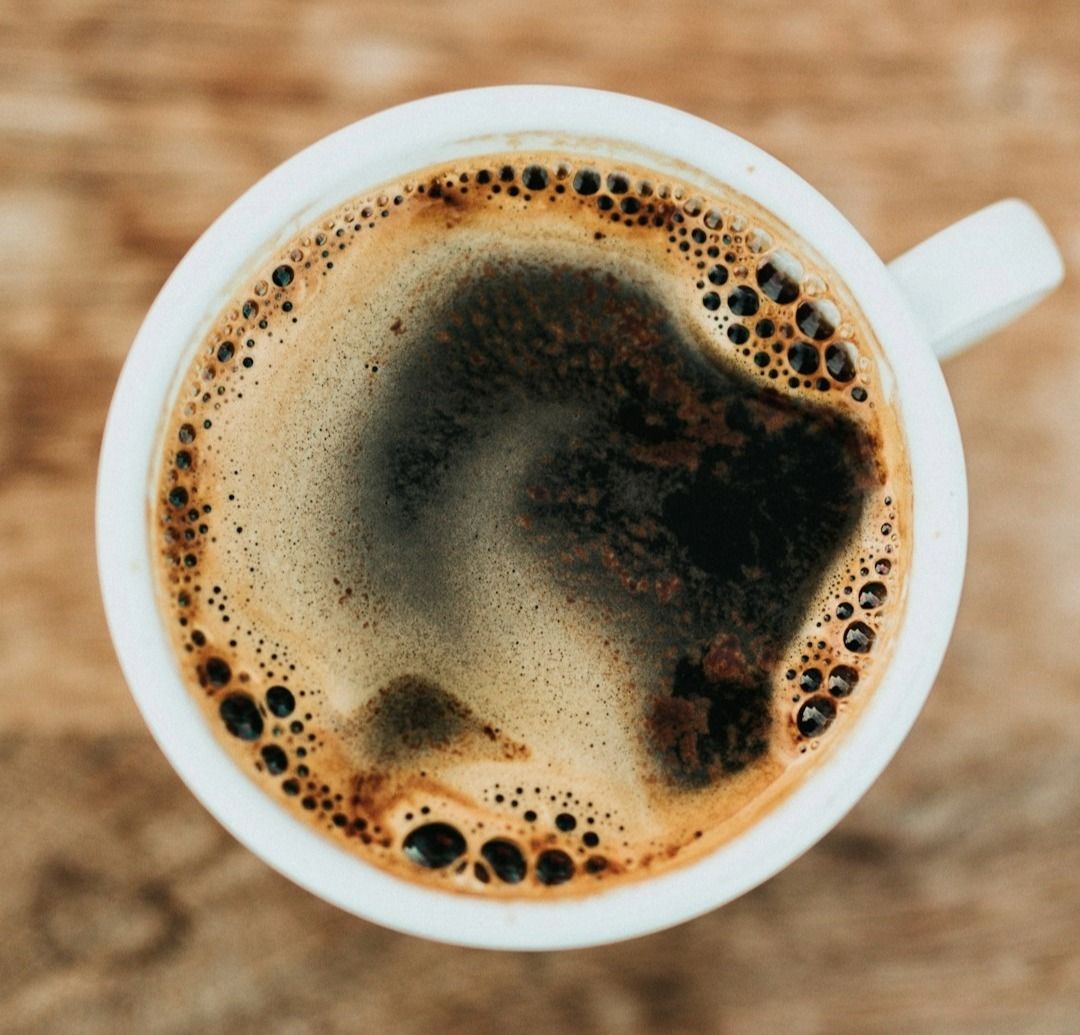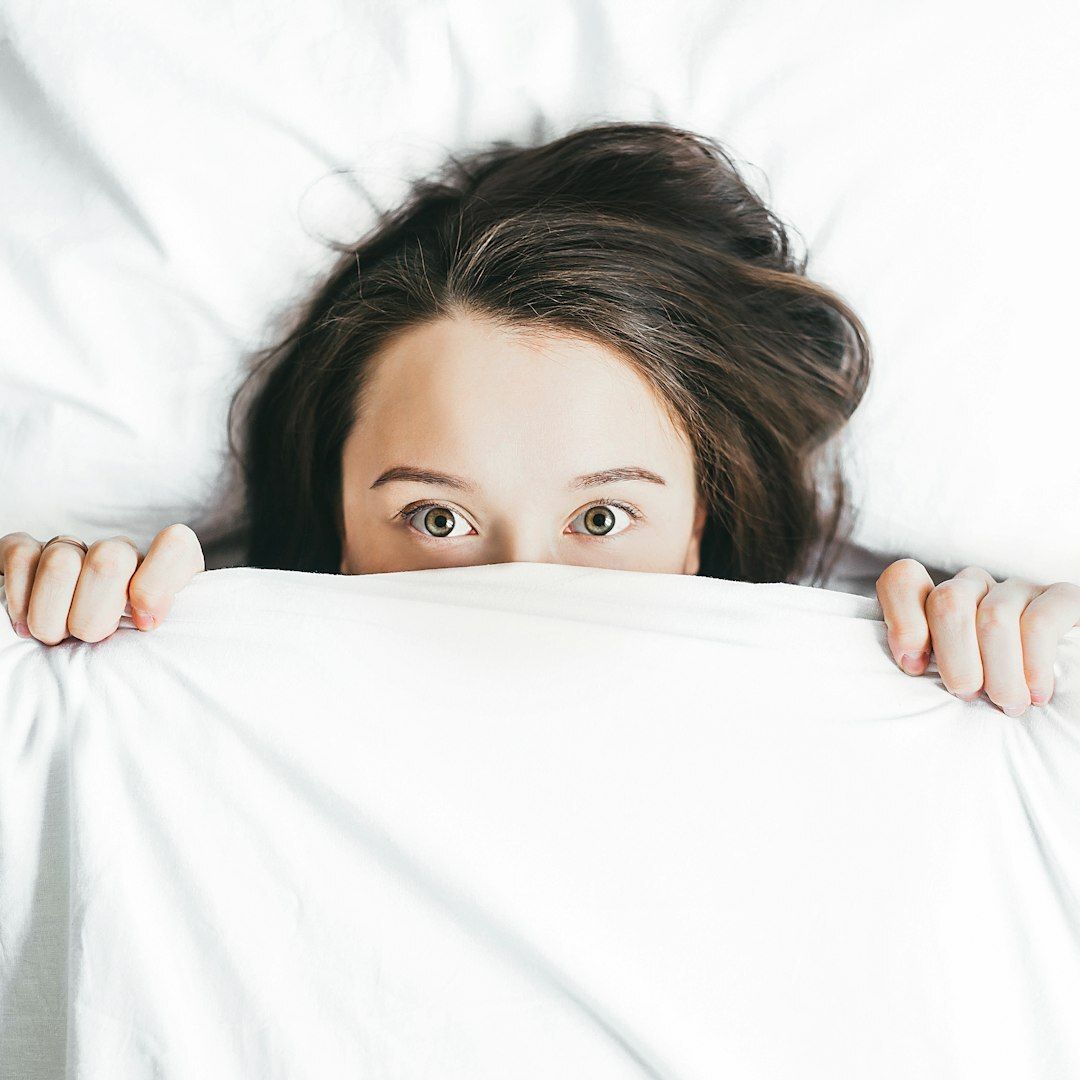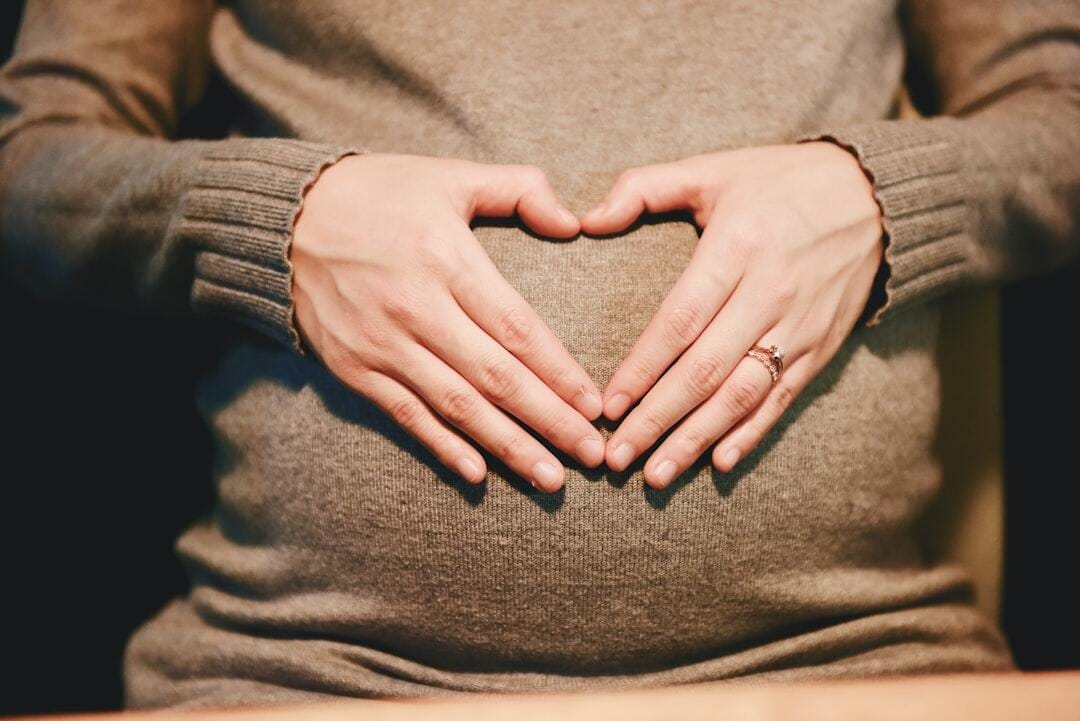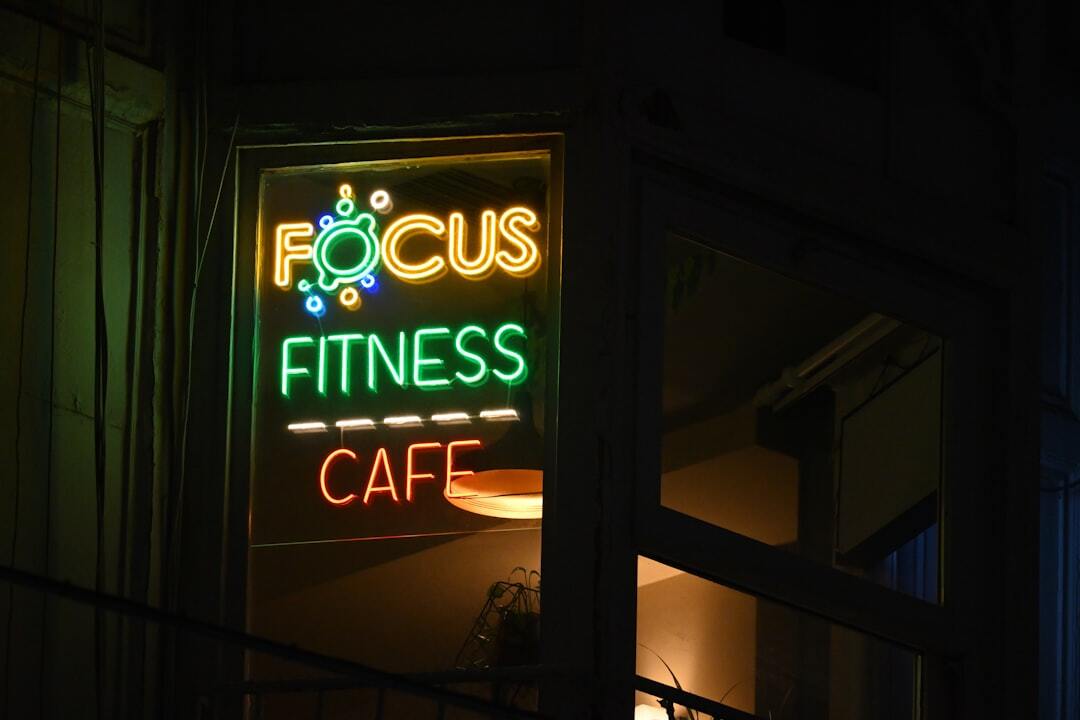
How much caffeine is in different types of coffee?
Typical caffeine content per serving:
Espresso: 63mg per 1 oz shot
Filter/drip coffee: 95mg per 8 oz cup
Cold brew: 150mg per 8 oz serving
Instant coffee: 30-90mg per 8 oz cup
Cold brew often has the highest caffeine content because of the long steeping time and concentrated brewing method, though serving sizes vary significantly.
Does dark roast have less caffeine than light roast?
The difference is minimal - only about 6mg between the lightest and darkest roasts. Here's why the confusion exists:
By weight: Light roast beans are denser, so 20g of light roast beans contains slightly more caffeine than 20g of dark roast beans
By scoop: Dark roast beans are larger (they expand during roasting), so a scoop of dark roast contains fewer beans and slightly less caffeine
In practice: The difference is so small (less than 5%) that it's negligible in your daily cup
How long does caffeine stay in your system?
You may have heard the word half-life mentioned when people are discussing caffeine – This is the time it takes for half of a substance to be eliminated from your body. Caffeine's half-life varies significantly between individuals, ranging from 2 to 12 hours, with an average of 5-6 hours for most healthy adults. This means someone who consumes 40mg of caffeine will typically have 20mg remaining after 5-6 hours.
Caffeine levels peak in your bloodstream 15-45 minutes after consumption. Factors affecting how quickly you process caffeine include genetics, age, pregnancy status, medications, and liver function.
When should I stop drinking coffee to avoid sleep issues?
Stop consuming caffeine 6-8 hours before bedtime. Since caffeine's average half-life is 5-6 hours, having coffee at 2 PM means you'll still have about 25% of that caffeine in your system at 10 PM.
Even small amounts of caffeine can reduce sleep quality, so if you're sensitive to caffeine or have sleep issues, consider stopping even earlier.
Health & Body Effects
Does coffee dehydrate you?
No, this is a myth. While caffeine has a mild diuretic effect (making you urinate more), the fluid you get from drinking coffee more than compensates for any extra water loss. Regular coffee drinkers also develop tolerance to caffeine's diuretic effects.
Coffee can contribute to your daily fluid intake, though water is still the optimal choice for hydration.
Can I drink coffee on an empty stomach?
It's not dangerous for most people, but it can cause discomfort. Coffee increases stomach acid production, and without food to buffer this acidity, you might experience:
Heartburn or stomach irritation
Jitters or anxiety (more pronounced on an empty stomach)
Nausea
If you experience these symptoms, try eating something small before your coffee.
How many cups of coffee per day is safe?
Up to 400mg of caffeine daily is considered safe for most healthy adults - roughly 4 cups (8 oz each) of filter coffee. However, individual tolerance varies dramatically based on:
Genetics (some people are "fast" or "slow" caffeine metabolizers)
Body weight
Medications
Overall health
Pregnancy
Start with smaller amounts if you're new to coffee and pay attention to how your body responds.
Does coffee cause digestive issues/make you go to the bathroom?
Yes, coffee stimulates bowel movements in about 30% of people, usually within 4 minutes of drinking. This happens because coffee:
Increases stomach acid and gastrin hormone production
Stimulates colon contractions
May affect gut bacteria
Interestingly, both regular and decaf coffee have this effect, suggesting compounds other than caffeine are responsible.
Can coffee help with weight loss or boost metabolism?
Coffee can temporarily boost metabolism by 3-11% and increase fat burning, especially during exercise. However, these effects:
Diminish with regular use as your body develops tolerance
Are modest - coffee alone won't cause significant weight loss
Work best when combined with proper diet and exercise
Don't rely on coffee as a weight loss strategy, but it can be a small part of an overall healthy lifestyle.
Is coffee safe during pregnancy?
Limit caffeine to under 200mg daily during pregnancy (about 1-2 cups of coffee), according to major medical organisations. High caffeine intake during pregnancy is associated with:
Increased miscarriage risk
Lower birth weight
Potential developmental issues
Many pregnant women choose to switch to decaf or eliminate coffee entirely to be extra cautious.
Does coffee raise blood pressure?
Coffee causes a temporary blood pressure spike (5-15 mmHg) lasting 1-3 hours after consumption. However:
Regular coffee drinkers typically develop tolerance to this effect
Long-term studies suggest moderate coffee consumption doesn't increase chronic hypertension risk
People with existing high blood pressure should monitor their response and consult their doctor
Can coffee cause anxiety or panic attacks?
Yes, especially in sensitive individuals. Caffeine can trigger or worsen anxiety because it:
Increases heart rate and alertness
Can mimic physical symptoms of anxiety (jitters, rapid heartbeat)
May trigger panic attacks in susceptible people
If you experience anxiety after coffee, try reducing your intake or switching to lower-caffeine alternatives like tea.
Is coffee acidic? Does it cause acid reflux?
Coffee is acidic (pH 4.85-5.10) and can trigger acid reflux in susceptible individuals. The acidity comes from chlorogenic acids and other natural compounds in coffee beans.
If you get heartburn from coffee:
Try cold brew (less acidic than hot coffee)
Choose dark roasts (slightly less acidic)
Don't drink coffee on an empty stomach
Consider switching to tea or lower-acid coffee brands
Tolerance & Withdrawal
Why doesn't coffee work for me anymore? (tolerance buildup)
Caffeine tolerance develops quickly - within 1-4 days of regular use. Your brain responds to regular caffeine by producing more adenosine receptors, requiring increasingly larger amounts of caffeine to achieve the same alertness effect.
To reset tolerance, you need to take a break from caffeine for 1-2 weeks, though this comes with withdrawal symptoms.
How long do caffeine withdrawal symptoms last?
Withdrawal timeline:
Onset: 12-24 hours after last caffeine intake
Peak: 20-51 hours (usually day 2-3)
Duration: 2-9 days for most people
Common symptoms include:
Headache (most common)
Fatigue and low energy
Irritability and mood changes
Difficulty concentrating
Flu-like symptoms
Gradual reduction rather than sudden stopping can minimize withdrawal severity.
Can you overdose on caffeine?
Yes, but it's rare with regular coffee consumption. Acute caffeine toxicity symptoms include:
Rapid or irregular heartbeat
Nausea and vomiting
Confusion and panic attacks
Seizures (in severe cases)
The potentially lethal dose is roughly 150-200mg per kg of body weight (about 10-13 grams for an average adult) - equivalent to drinking 100+ cups of coffee rapidly. Energy drinks and caffeine pills pose higher overdose risks than coffee.
Do I need more coffee over time to get the same effect?
Yes, this is tolerance. Regular caffeine users often need increasing amounts to feel the same energy boost they initially experienced. Many people find themselves drinking coffee just to feel "normal" rather than energized.
This is why some people benefit from occasional "caffeine breaks" to reset their tolerance.
Coffee vs. Other Sources
Coffee vs. Tea Caffeine Content
Caffeine per 8 oz cup:
Coffee (filter): 95mg
Black tea: 40-70mg
Green tea: 25-50mg
White tea: 15-30mg
Key difference: Tea contains L-theanine, an amino acid that promotes relaxation and can smooth out caffeine's stimulating effects, providing more sustained, less jittery energy than coffee.
Coffee vs. energy drinks - which is healthier?
Coffee is generally healthier. Here's why:
Coffee provides:
Antioxidants and beneficial plant compounds
No added sugars (when consumed black)
Associated health benefits in research
Energy drinks often contain:
50-300mg caffeine plus other stimulants
High sugar content (25-40g per can)
Artificial ingredients and preservatives
Higher risk of adverse effects, especially in young people
Is caffeine from coffee different from caffeine pills?
Chemically, caffeine is identical regardless of source. However, the experience differs:
Coffee: Contains hundreds of other compounds (antioxidants, acids, oils) that can:
Modify how caffeine is absorbed and metabolized
Provide additional health benefits
Create a more complex flavor and experience
Caffeine pills: Provide pure caffeine, which may:
Feel more intense and direct
Wear off more abruptly
Lack coffee's additional health compounds
Does decaf coffee have any caffeine?
Yes - decaf isn't caffeine-free. Decaf coffee contains 2-12mg of caffeine per 8 oz cup (97-99% removed). The exact amount depends on:
Type of coffee beans used
Decaffeination process
Brewing method
For most people, this small amount won't cause noticeable effects, but very sensitive individuals might still react.
Timing Questions
Is it bad to drink coffee late in the day?
Yes, for most people. Given caffeine's 5-6 hour average half-life, afternoon or evening coffee can:
Make it harder to fall asleep
Reduce deep sleep phases
Decrease overall sleep quality
Create a cycle of needing more caffeine the next day due to poor sleep
Even if you can fall asleep after late-day coffee, your sleep quality may still suffer.
Should I drink coffee before or after working out?
Before exercise (30-60 minutes prior) can:
Enhance performance and endurance
Increase fat burning during exercise
Improve focus and motivation
After exercise may:
Aid in recovery
Help with post-workout alertness
But could interfere with natural recovery hormones
For best results, time your pre-workout coffee so caffeine peaks during your exercise session.
Can I drink coffee while intermittent fasting?
Black coffee is generally fine during fasting because it contains virtually no calories (2-5 per cup). Coffee may actually support fasting by:
Suppressing appetite
Increasing fat burning
Providing energy during fasted states
However, adding anything with calories (milk, sugar, cream) will break your fast.
Why do I crash after drinking coffee?
The "coffee crash" happens because:
Caffeine wears off: As caffeine levels drop, adenosine (your natural sleepiness chemical) floods back to receptors
Rebound fatigue: You may feel more tired than before drinking coffee
Blood sugar drops: Especially if you haven't eaten
Sleep debt: Caffeine masks but doesn't cure underlying fatigue
To minimize crashes: eat regular meals, stay hydrated, and address underlying sleep needs rather than relying solely on caffeine.
Special Circumstances
Can kids/teenagers drink coffee?
Recommendations by age:
Under 12: No caffeine recommended
Ages 12-18: Maximum 100mg daily (about 1 cup of coffee)
Young adults are more sensitive to caffeine's effects on sleep and development
Many pediatricians suggest avoiding coffee entirely for children and limiting it significantly for teens, as developing brains may be more susceptible to caffeine's effects.
Is coffee safe for people with heart conditions?
It depends on the specific condition. People with certain heart conditions should consult their doctors:
Arrhythmias: Caffeine may trigger irregular heartbeats
Uncontrolled high blood pressure: May worsen hypertension
Heart failure: Could affect heart function
Paradoxically, some studies suggest moderate coffee consumption may be protective for heart health in people without existing conditions.
Does coffee interact with medications?
Yes, caffeine can interact with various medications:
Blood thinners: May increase bleeding risk
Antibiotics (like ciprofloxacin): Can increase caffeine levels in your system
Bronchodilators: May amplify stimulant effects
Some antidepressants: Can increase caffeine side effects
Birth control pills: May slow caffeine metabolism
Always inform your healthcare provider about your caffeine consumption when starting new medications.
Can you be allergic to coffee/caffeine?
True coffee allergies are rare but possible. Symptoms may include:
Skin reactions (hives, itching)
Digestive issues (nausea, cramping)
Respiratory problems (difficulty breathing)
Anaphylaxis (extremely rare)
More common is caffeine sensitivity, causing exaggerated responses to normal amounts (anxiety, jitters, rapid heartbeat at low doses).
Does coffee affect bone health?
High caffeine intake (over 400mg daily) may slightly increase calcium excretion in urine. However:
The effect on bone density is minimal in most people
Adequate calcium and vitamin D intake offset any negative effects
Moderate coffee consumption (2-4 cups daily) doesn't significantly impact bone health
Higher risk groups (postmenopausal women, those with low calcium intake) should monitor their coffee consumption more carefully.
Preparation & Quality
Does the brewing method affect caffeine content?
Yes, significantly. Caffeine extraction depends on:
Method comparison (highest to lowest):
Espresso method: Most efficient extraction per ounce
Cold brew: High total caffeine due to long steeping (12-24 hours)
French press: Good extraction from immersion brewing
Pour-over/filter: Moderate extraction
Instant coffee: Lowest caffeine content
Other factors affecting caffeine:
Water temperature (hotter = more extraction)
Grind size (finer = more extraction)
Brewing time (longer = more extraction)
Coffee-to-water ratio (more coffee = more caffeine)
Do coffee beans lose caffeine over time?
Caffeine content remains stable - it doesn't degrade significantly under normal storage conditions, even over months or years. However:
Flavor compounds do deteriorate, affecting taste quality
Proper storage (airtight, cool, dark) preserves both caffeine and flavor
Ground coffee loses flavor faster than whole beans but retains caffeine
Your year-old coffee beans have the same caffeine kick, even if they don't taste as good.
Is instant coffee as good as brewed coffee?
Caffeine-wise: Instant coffee contains 30-90mg per cup - somewhat less than brewed coffee but still significant.
Nutritionally: Instant coffee retains most antioxidants and health compounds found in regular coffee.
Quality differences:
Convenience: Much faster to prepare
Taste: Generally considered lower quality due to processing
Cost: Usually more economical
Health benefits: Similar to regular coffee
Does adding milk or sugar affect caffeine absorption?
Adding milk, sugar, or cream doesn't change caffeine content - you get the same amount of caffeine regardless of what you add.
Absorption timing: Additives may slightly slow gastric emptying, potentially delaying peak caffeine effects by 15-30 minutes, but the total amount absorbed remains the same.
The bigger concern: Added sugars and high-fat dairy can add significant calories and may cause blood sugar spikes and crashes.
This guide is based on current scientific research and should not replace personalised medical advice. Individual responses to caffeine vary significantly, and those with health conditions should consult their healthcare providers.
Subscribe to the Newsletter
If you’ve found this useful and want to learn more about how to stay healthy, fight disease and slow the effects of aging I think you’ll enjoy the Quest Biohacking newsletter.
I share biohacking hacks and tips to help you transition to a healthier way of life, along with insights into the latest research on disease prevention, health optimisation and life extension ❤




